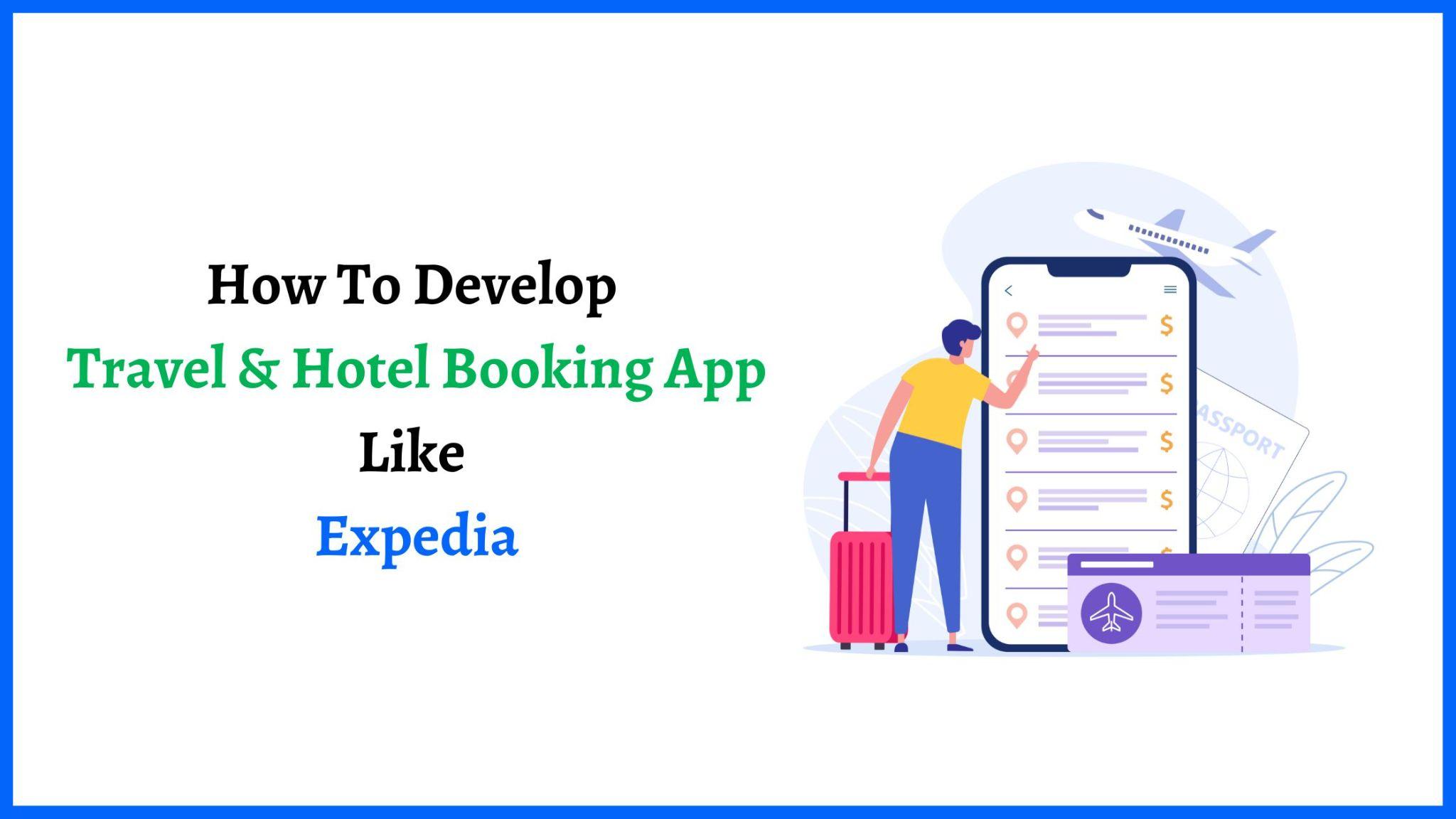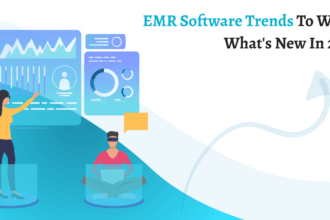Depression is a growing mental health concern, but thankfully, technology has also advanced far enough to give people helpful ways of coping and overcoming it and other disorders. Mobile apps are one of the most prominent ways people use technology to improve their mental health, and this article will share some of the different categories that you may find useful.
1. Relaxation Techniques
Mental health issues like depression and anxiety can make it easy to forget what it’s like to truly relax, but there are ways to learn how to calm down on a whim by learning how to induce the relaxation response.
Some apps that can teach you how to relax include guided mindfulness meditation and deep breathing exercises. Of course, with meditation, it’s ideal to find a place that’s quiet and comfortable, but breathing techniques can be used basically anywhere, and over time, you may notice yourself become a calmer individual overall.
2. Sleep Hygiene
Insomnia is a common problem that people with depression face, and if you struggle to get enough restful sleep, you could benefit from using an app to improve your sleep quality, and therefore, your mood.
Some apps can help you fix bad sleeping habits, like consuming caffeine too close to bedtime, and can aid you in creating a better routine for yourself. Some apps are as simple as providing relaxing sounds or white noise to calm your mind and destimulate your brain, so you can fall asleep easier.
3. Coping Skills & Activities
Finding healthy ways of coping is essential to overcoming depression, and having an app can assist you with incorporating them into your life so that you can improve your mood.
While many apps will list different strategies you can use, you might already have some ideas in mind that you want to try, such as journaling or exercising. For example, since exercise is proven to help improve your well-being, you could try fitness-related apps that will help you stay on track and motivated if you plan on using physical activity to help change your life.
4. Daily Planning
While on the topic of motivation, having a solid plan and clear goals in mind can make it easier to get up each day and take care of your errands, which is an ability that can be hampered by depression.
Having your day organized with a planning app can be helpful because it can add structure back to your life and seeing yourself knock off each task one-by-one can be satisfying and give you the sense of making progress, which could boost your mood.
5. Online Therapy
Although the previous suggestions can make a significant difference in how you feel, depression isn’t a battle you should fight yourself. Therapy is highly recommended as a first-line treatment for depression, and nowadays, it’s easier to find a qualified counselor or therapist to help you overcome it.
You can use your mobile device to connect to BetterHelp and find licensed professionals who use proven techniques like cognitive-behavioral therapy to treat various mental health conditions. Therapy isn’t just about talking about your feelings and emotions; it also involves changing them into positive ones and having the assistance of a therapist can make the process easier and more enjoyable.
Conclusion
As you probably already know, your mobile device has plenty of features that can make life easier for you, but many people are unaware of the different kinds of mental health resources that they have access to. There is plenty of self-help and assisted methods that can help you cope with depression, and hopefully, the suggestions here lead you in the right direction to healing and recovery.
Marie Miguel Biography

Marie Miguel has been a writing and research expert for nearly a decade, covering a variety of health- related topics. Currently, she is contributing to the expansion and growth of a free online mental health resource with BetterHelp.com. With an interest and dedication to addressing stigmas associated with mental health, she continues to specifically target subjects related to anxiety and depression.








